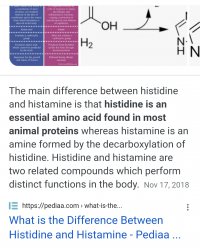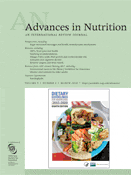hey mate im confused maybe im not understanding the terminologyI get organic when I can; its not all or nothing for me, its a spectrum of choices depending on what I have available.
It has about 5g less fructose than sucrose. Its not the same, there is still an excess of fructose since sucrose is broken down with a 1:1 ratio of glucose to fructose. The fructose I mentioned in the mango is free fructose. Mango also can be high in FODMAPS.
How dried fruit effects someone is individual in my experience.
You could also mix collagen hydrolysate in the juice. This is what I often have my clients do.
Gelatin does not contain BCAA, I'm pretty sure it does contain glutamine. It is not a complete protein overall, also not great for triggering muscle protein synthesis which is leucine dependent.
isnt sucrose = half glucose half fructose
if theres 5g less fructose than sucrose why is there an excess of fructose if sucrose is broken down with 1:1 ratio glucose to fructose
ah that sucks...
so it lacks cysteine and tryptophan which is good but then it also lacks BCAA... those are important..
i think whey protein may be the best protein source then?
I agree. Gelatin is a refined food, effectively. If you ingest multiple ounces of gelatin per day, either your protein intake will be too high, or you'll run into nutrient deficiencies. Best to use meat or milk as a protein source and just enough gelatin to balance out the methionine: glycine ratio( which in beef, particularly ground beef, is already pretty good).
@Mr.Bollox
why would ingesting multple ounces gelatin cause nutrient deficiencies do you mean if we avoid meat/milk protein sources? or does the gelatin itself cause nutrient deficiencies
Ray himself talks about having bone broths and the histamine issues that come with long cooked broths and imagine those obliterated powders. I know they are a nice shortcuts, but I don't that is where he is recommending our gelatin to come from. He recommends short cooked broths with skin and connective tissue, chiccarones and chicken wings. Here is his diet, which is not complicated or with shortcuts, such as powdered gelatin. I am sure it is better than nothing, but it does have possible histamine or digestive issues attached to it. I have him recommend 50% of the diet to be gelatin.
View: https://youtu.be/X_BKjS3rpmw
so youre saying the gelatin powders like great lakes gelatin causes serious histamine issues? what causes the histamine issues i thought gelatin is low in histidine




